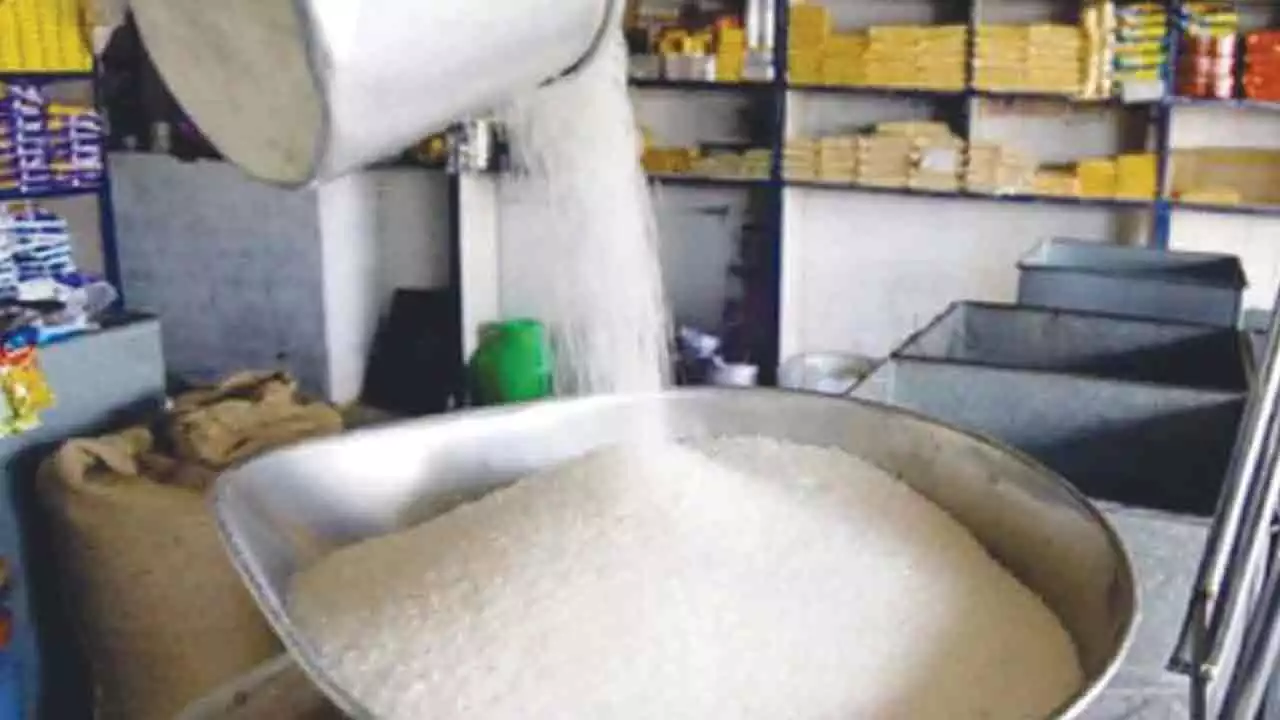In a detailed briefing to the Standing Committee on Economic Affairs of the National Assembly, the Secretary of the Economic Affairs Division outlined Pakistan’s financial strategy for the current fiscal year. Central to this plan is the rollover of a $9 billion loan from Saudi Arabia and China. However, it was noted that Saudi Arabia is reluctant to provide crude oil on loan again, signaling a shift in their support.
Rollover of Loans and External Financing
The meeting, attended by members of the Standing Committee, highlighted the pressing need for financial stability and external support. The Secretary of the Economic Affairs Division emphasized that Pakistan’s economic authorities are actively engaging with the Arab Coordination Group and the Qatar Fund for Development to secure necessary funding. Specifically, the plan to roll over the $9 billion loan from China and Saudi Arabia is crucial for maintaining financial equilibrium.
Additionally, the Secretary mentioned that Pakistan needs to manage debt repayments amounting to $20.8 billion in the current fiscal year. Part of this strategy includes securing $500 million from the Islamic Development Bank for oil and commodity loans. However, Saudi Arabia’s decision not to support further oil loan facilities presents a significant challenge.
Funding for Key Projects
The briefing also covered the external financing required for major infrastructure projects. The Diamer-Bhasha Dam, a critical development for Pakistan’s water and energy resources, is a priority for external funding in this fiscal year. The Secretary announced that $1 billion will be sourced from the World Bank for a hydropower project, which is part of a broader financial assurance of $10.7 billion for various projects under the Pakistan project financing scheme. The first phase of this hydropower project is expected to be completed by 2027.
Challenges and Opportunities
Despite the financial commitments and ongoing efforts, Pakistan faces significant fiscal challenges. The Secretary disclosed that Pakistan could only secure $3 billion from the Geneva Donor Conference, highlighting the gap between expected and actual international aid.
Moreover, the construction contract for the National Highway N5 will be awarded to the Asian Infrastructure Investment Bank, marking another step towards improving the country’s infrastructure. This project is expected to enhance connectivity and stimulate economic growth.
Monitoring and Accountability
A critical aspect of the briefing was the monitoring and accountability of Non-Governmental Organizations (NGOs) operating within Pakistan. The Secretary of the Economic Affairs Division admitted that there is currently no comprehensive mechanism to monitor all NGO projects across the country. This gap raises concerns about the potential misuse of funds, particularly in relation to terror financing. The Economic Affairs Division is actively working to ensure that NGO funding is closely monitored to prevent any such misuse.
Future Meetings and Expectations
The Standing Committee on Economic Affairs requested detailed reports on projects experiencing delayed external financing for the next meeting. This request underscores the need for transparency and timely execution of financial plans to ensure Pakistan’s economic stability.
Pakistan’s financial strategy for the current fiscal year revolves around managing debt repayments and securing external funding for key projects. The rollover of the $9 billion loan from China and Saudi Arabia is a critical component, although Saudi Arabia’s reluctance to provide further oil loans presents a challenge. The government’s efforts to secure funding from various international bodies, including the World Bank and the Islamic Development Bank, are crucial for maintaining financial stability and supporting infrastructure development.
However, the briefing also highlighted the need for improved monitoring and accountability mechanisms, particularly concerning NGO funding. As Pakistan navigates these fiscal challenges, the engagement with international financial institutions and the implementation of robust monitoring systems will be vital for ensuring economic growth and stability. The upcoming meetings and reports will provide further insights into the effectiveness of these strategies and their impact on Pakistan’s economic outlook.



